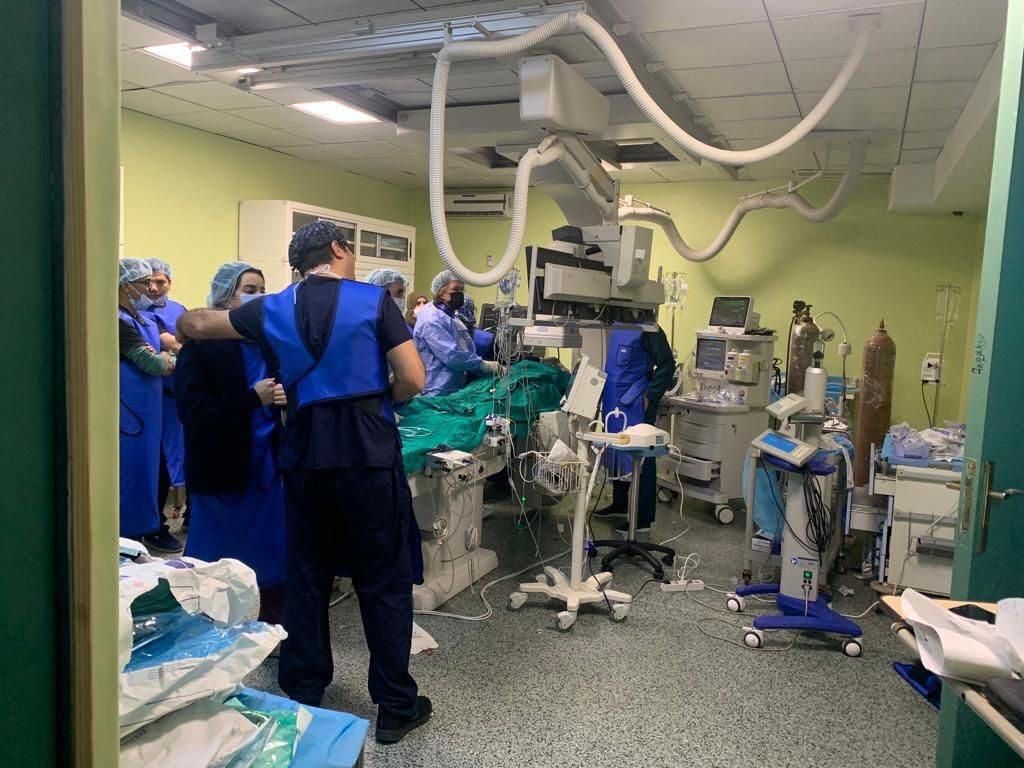by Mustafa Sanalla
Libya is at a critical juncture. I can see in the near distance two possible futures for my homeland.
In one, rival militias compete for control of oil ports which they hold hostage until paid off by the central bank. There is no effective government and the population is impoverished and abused. The other option is a state based on the rule of law and led by a democratically elected government. This would be a peaceful land of economic opportunity, working hard to climb the ladder of development and recover from its bruising civil war. The decisions made by the international community over the coming days will determine which Libya emerges.
For the past seven years, the oil sector in post-revolutionary Libya has experienced its fair share of challenges, ranging from blockades by its own guards to attacks by Isis militants. Yet the crisis now unfolding in the Gulf of Sirte is by far the most dangerous. It has urgent implications for the rule of law and for the territorial integrity of the state.
The National Oil Corporation, which I chair, is one of the last remaining institutions which functions across the whole of Libya. It employs 65,000 people from diverse regions and social groups. Given that oil and gas account for 95 per cent of Libya’s export revenues, it has the potential to serve as the engine of the country’s regeneration. We see ourselves as duty-bound to maintain a politically neutral position between Libya’s competing factions and to ensure that the oil continues to flow in order to avert economic collapse.
Two weeks ago, a former commander of the Petroleum Facilities Guard, Ibrahim Jathran, together with an alliance of jihadis and mercenaries, seized the two vital oil terminals of Sidra and Ras Lanuf. Mr Jathran had done this kind of thing before: between 2013 and 2016 he blockaded nearly all of Libya’s oil ports and held them to ransom, costing the country more than $70bn in lost revenues and jeopardising Libya’s post-conflict recovery.
Mr Jathran’s forces were ejected in September 2016 by the Libyan National Army, led by Khalifa Haftar and based in the east of the country. In a gesture which demonstrated his commitment to the national interest and increased his domestic and international standing, Mr Haftar returned the ports to NOC control and allowed production to resume.
Not so this time. Late last week the LNA retook Sidra and Ras Lanuf, but it then announced the transfer of the terminals to an illegitimate entity based in the east. This so-called parallel institution, which operates out of Benghazi and has also named itself the “National Oil Corporation”, has for years attempted to take control of Libyan oil, including arranging illicit exports of crude. Its activities have been outlawed by a series of UN Security Council resolutions.
This latest move by the LNA threatens calamity for Libya. Loss of exports is already costing $33m a day. Dividing control of oil makes it more likely that the country will be physically divided and descend into war. It reduces one of Libya’s most precious institutions to a vessel for corruption and plunder. And in so doing, it imperils the hopes of millions of Libyans.
The NOC is the sole entity under Libyan law responsible for oil and gas exploration, extraction, production and refining, export, and sale. The UN resolutions could not be clearer in condemning “attempts to illicitly export petroleum, including crude oil and refined petroleum products, from Libya, including by parallel institutions which are not acting under the authority of the UN-backed government in Tripoli.
The LNA’s past achievements in keeping the oil ports operational, at the cost of the lives of many brave young Libyans, should be recognised. However, Mr Haftar has abandoned any claim to custodianship of the Libyan national interest by deciding this week to renege on the commitments he made at the recent summit in Paris to discuss elections and hand over the oil terminals to his tribal allies.
To give up on the NOC, in the face of this assault, would be to give up on Libya. The law is on our side — and the rule of law hangs in the balance. To acquiesce to this seizure would set a dangerous precedent.
The forces of violence and repression have posed a question about the strength of the international community’s commitment to a rules-based system in Libya. On Wednesday, France, Italy, the UK and the US issued a joint statement affirming that Libya’s resources must remain under the exclusive control of the NOC. We hope Libya’s other international friends will join them in standing firm. Their response will determine Libya’s future.
The writer, a chemical engineer by training, is the chairman of the Libyan National Oil Corporation
Copyright The Financial Times Limited 2018. All rights reserved.
Source: FT.com


0 Comments